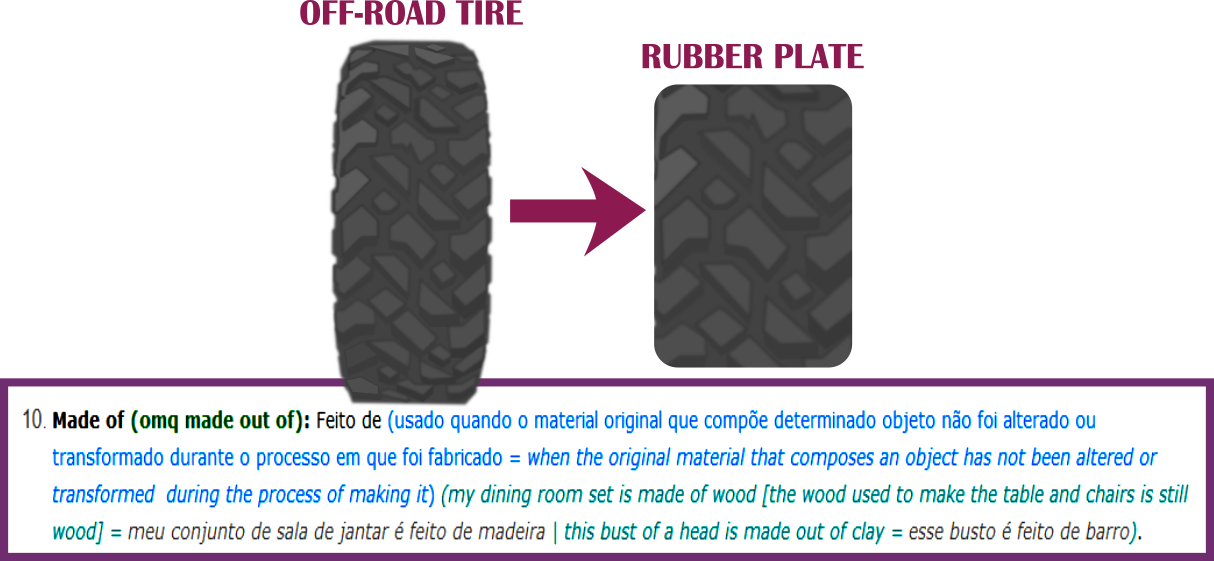English Prepositions… Oh, Them!
It comes as no surprise to anyone who works with languages that there are some words in Portuguese for which we can't find exact matches in English – and vice versa.
This becomes even more complicated when dealing with English prepositions. For instance, let's take a look at 'FROM' and 'OF'.

Why do these two prepositions give translators a bit of a headache? Because both are translated by the Portuguese preposition 'DE', whereas there are two different prepositions in English.
The following shows two distinct contexts in which 'FROM' and 'OF' are used.
FROM
To specify a starting point, to express removal or separation, to express discrimination, to indicate source or origin, to indicate agent, to indicate cause or reason.
OF
To indicate distance, separation, or deprivation, to indicate derivation or origin, to indicate cause or motive, to indicate material, component parts, substance, to indicate apposition, to indicate specific identity, to indicate possession, to indicate inclusion, to indicate reference or respect, to indicate qualities, to indicate a specified time.
It may seem easy at first glance, but when you get down to the nitty-gritty, it isn't, especially for Portuguese speakers.
With this in mind, it's not uncommon for translators to occasionally slip up and use the wrong preposition (OF or FROM) when translating from Portuguese to English.Take, for instance, the Portuguese phrase
'FEITO DE'.
When is 'FEITO DE' translated as
'MADE OF'
and when is it
'MADE FROM'?
Let's say you're going to make rubber plates to line the inside walls of a piece of equipment.
You take a used tire and cut the tread into pieces of equal size so the plates can be used to line the equipment.
So…were the plates MADE FROM or MADE OF rubber?
Let's let an authority on the subject shed some light on this question, namely the AVRO dx dictionary.
Check out the search result for 'MADE FROM'.

Made from: Feito de | feito com (quando o material de determinado objeto mudou sua natureza original ao ser fabricado ou processado = when the material of an object has changed its original nature in the course of being manufactured or processed) (paper is made from wood [the wood has been transformed into paper] = papel é feito de madeira | ethanol is made from sugar cane = etanol é feito da cana-de-açúcar).
Now take a look at the result for 'MADE OF'.

Made of (omq made out of): Feito de (usado quando o material original que compõe determinado objeto não foi alterado ou transformado durante o processo em que foi fabricado = when the original material that composes an object has not been altered or transformed during the process of making it) (my dining room set is made of wood [the wood used to make the table and chairs is still wood] = meu conjunto de sala de jantar é feito de madeira | this bust of a head is made out of clay = esse busto é feito de barro).
See how easy it was?
When you let AVRO dx be your go-to online reference, you get definitions and explanations you can count on!
AVRO dx is a comprehensive (English-Portuguese-English) reliable database containing over 250,000 primary entries, thousands of technical terms from all segments, over 3,700 pictures, plus helpful example sentences and explanations.
Watch the video below to learn more about AVRO dx and what it can do to help you and your career!